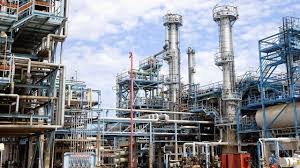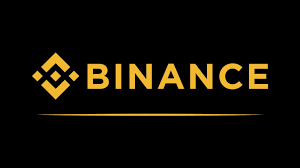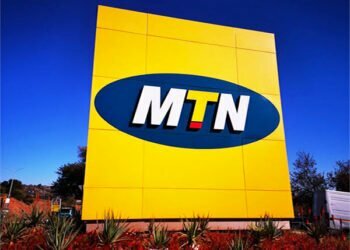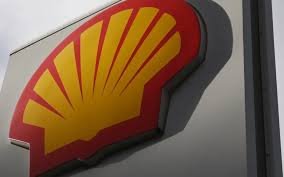The Federal Executive Council (FEC) has issued a directive for the Nigerian National Petroleum Company Limited (NNPC Ltd) to engage with Dangote Refinery and other local refineries to resolve ongoing disputes over crude oil supply and refined petroleum product importation.
This decision, made during a meeting presided over by President Bola Tinubu on Monday, stipulates that sales of crude oil to these refineries must be conducted in naira, with the expectation that the refined products will also be sold in the Nigerian market using the local currency.
Zacch Adedeji, Chairman of the Federal Inland Revenue Service (FIRS), revealed these developments to State House correspondents in Abuja following the council meeting.
He stated, “The Dangote Refinery is approaching steady-state operations and requires approximately 15 crude cargoes per month, translating to an annual supply cost of $13.5 billion.”
Adedeji explained that NNPC Ltd has committed to supplying four crude oil cargoes monthly, with the remainder to be sourced from international traders.
He noted, “Currently, these transactions are conducted in dollars, significantly straining Nigeria’s foreign currency liquidity. Strategic intervention is required to leverage the Dangote Refinery to stabilize Naira exchange rates and restore price stability.”
To address the substantial foreign exchange (FX) needs for local refineries and petroleum marketers, Adedeji proposed that “local refineries’ crude oil purchases from NNPC Ltd be denominated in Naira at a fixed exchange rate for a minimum period of six months.”
He added, “Refined product sales to approved local petroleum marketing companies be conducted in Naira at the same fixed exchange rate.”
The FIRS chairman outlined the benefits of this approach, stating, “This strategy will eliminate government control and drive independence of the market. It aims to eliminate government intervention in the management of domestic petroleum prices, further facilitating competitiveness and allowing for greater market predictability and stability.”
The Explainer learned, the proposed scenario is expected to significantly reduce foreign exchange pressure.
Adedeji explained, “The previous scenario utilized $660 million per month, totaling $7.92 billion annually. With the proposed scenario, expenditures are projected to decrease to $50 million per month, equating to $600 million annually.”
This development comes amid recent tensions between the Dangote Group and petroleum regulators in Nigeria over the control of the petroleum downstream market.
The Explainer reported, Last month, the Dangote Group accused some international oil companies of sabotaging the plant’s operations by either refusing to supply crude or offering oil at higher premiums compared to market prices.
The group also faced accusations from regulators, including the Nigerian Midstream and Downstream Regulatory Authority, which claimed that diesel from the refiner had sulphur content levels above the allowed threshold. In response, Aliko Dangote personally demonstrated to visiting lawmakers that the refinery’s diesel had lower sulphur content than imported samples.


























